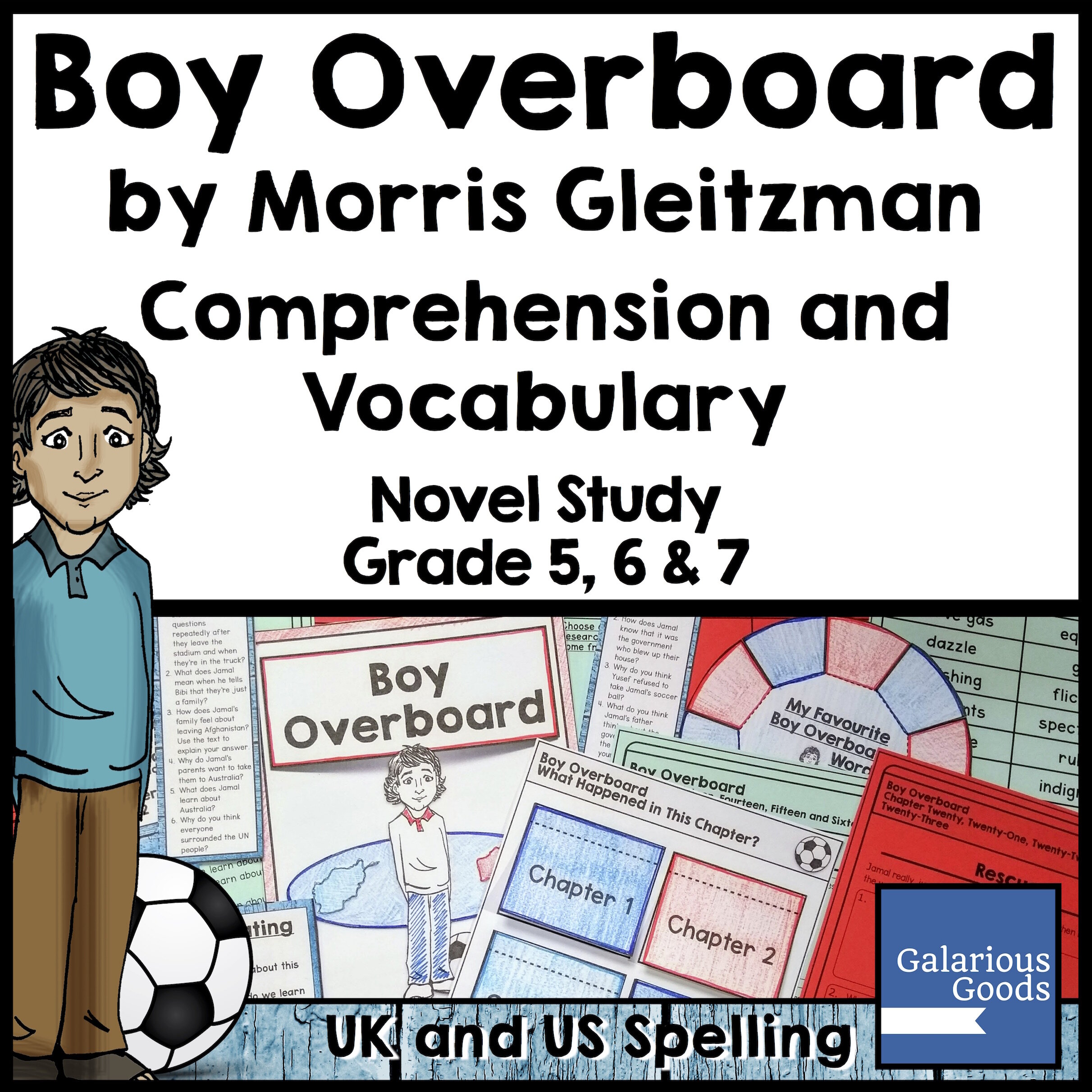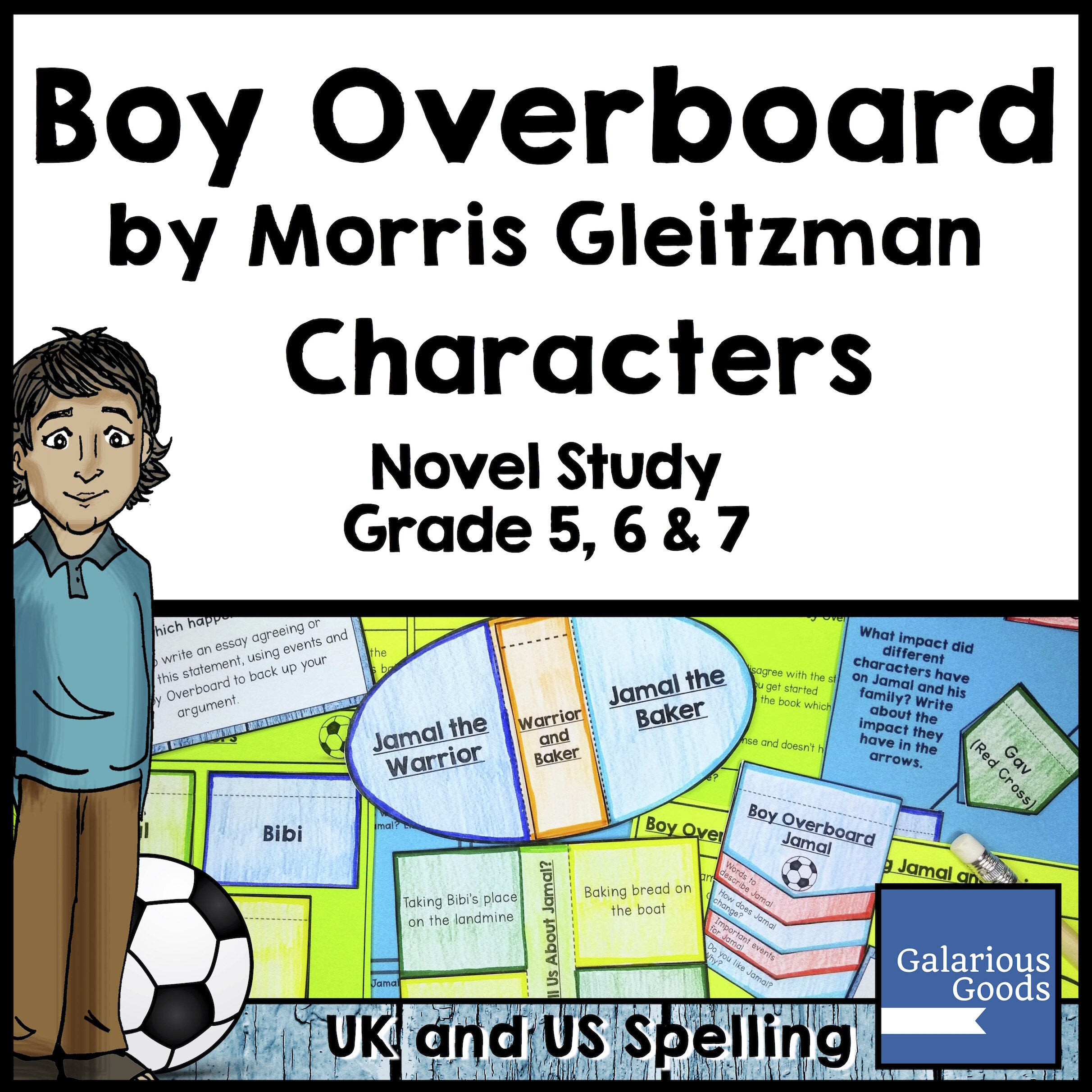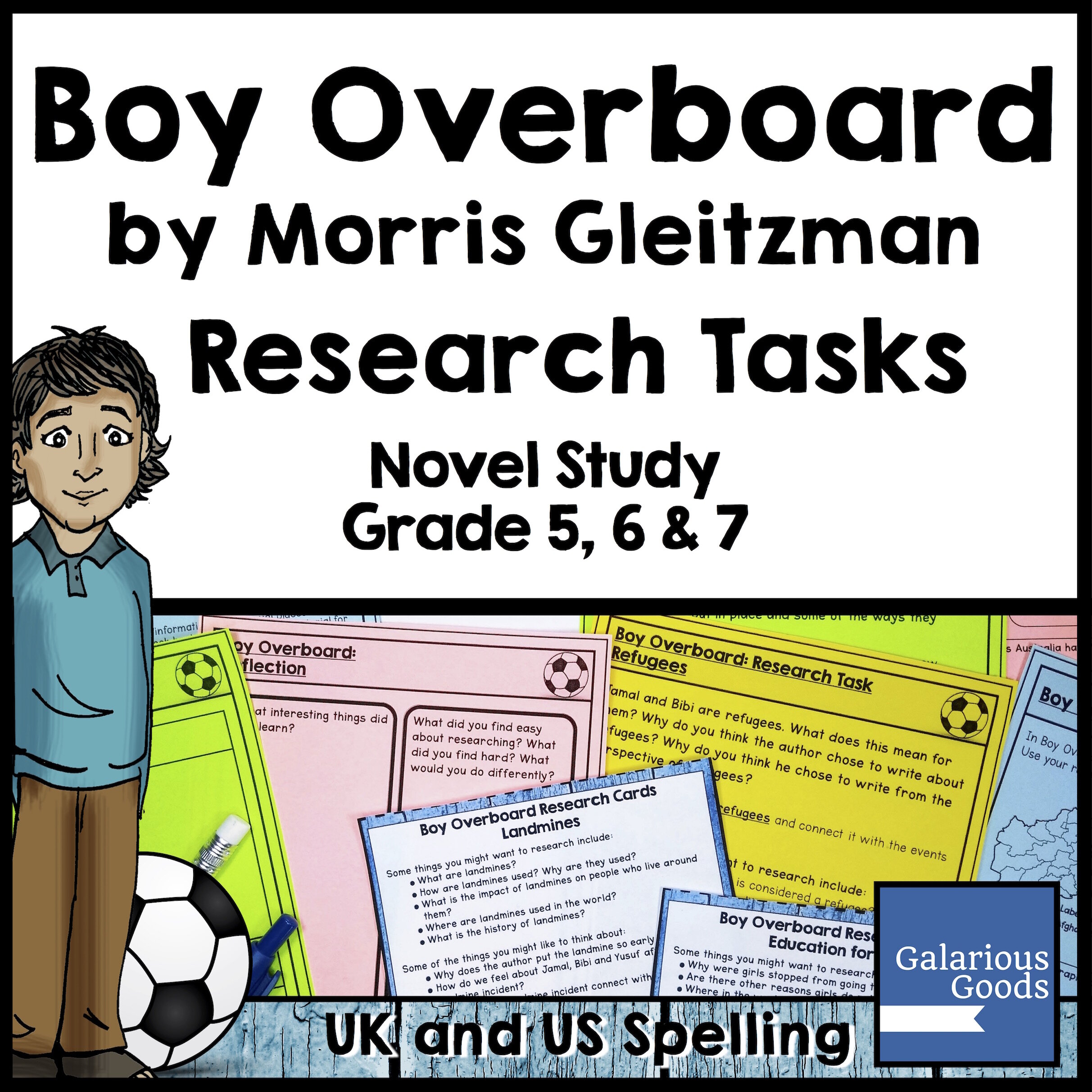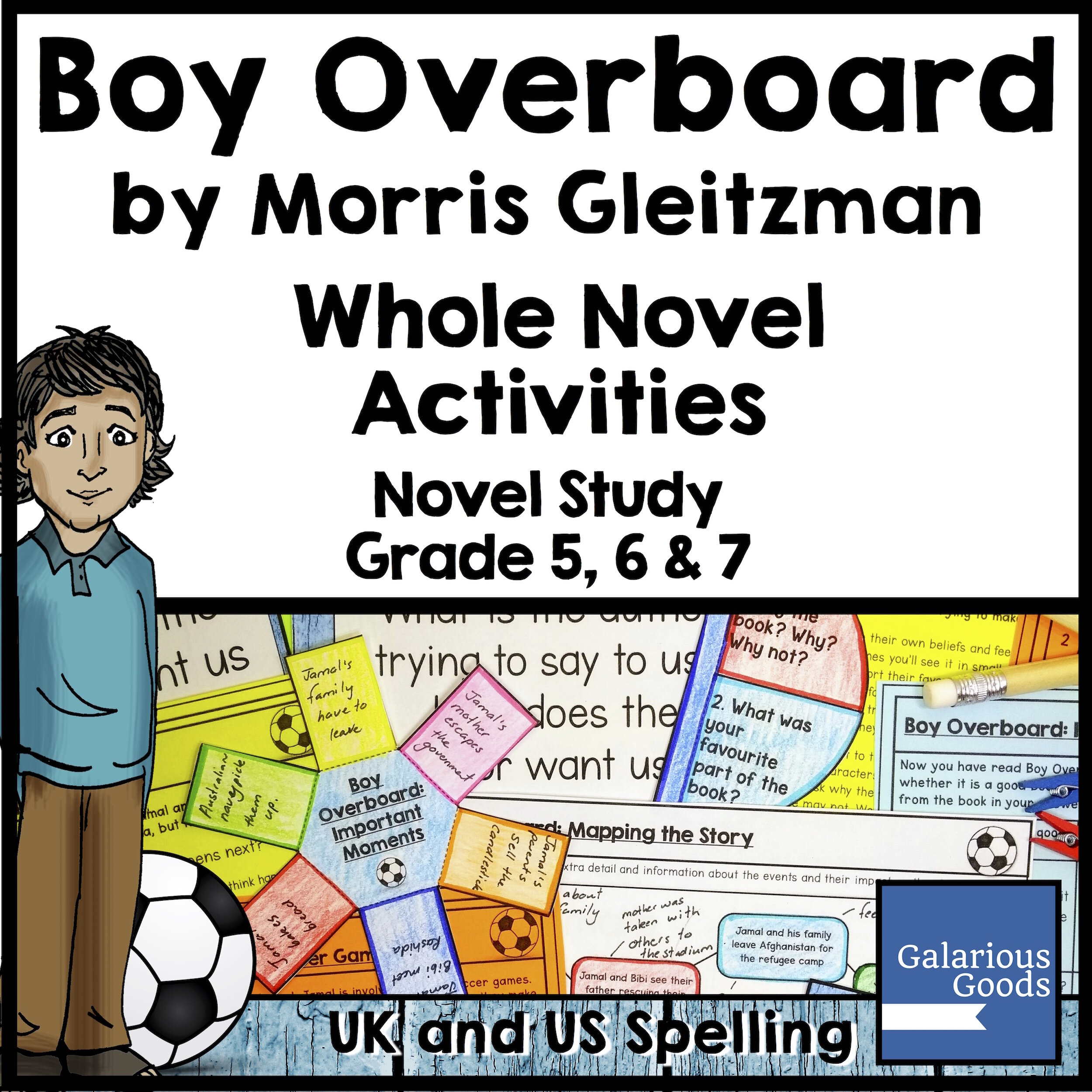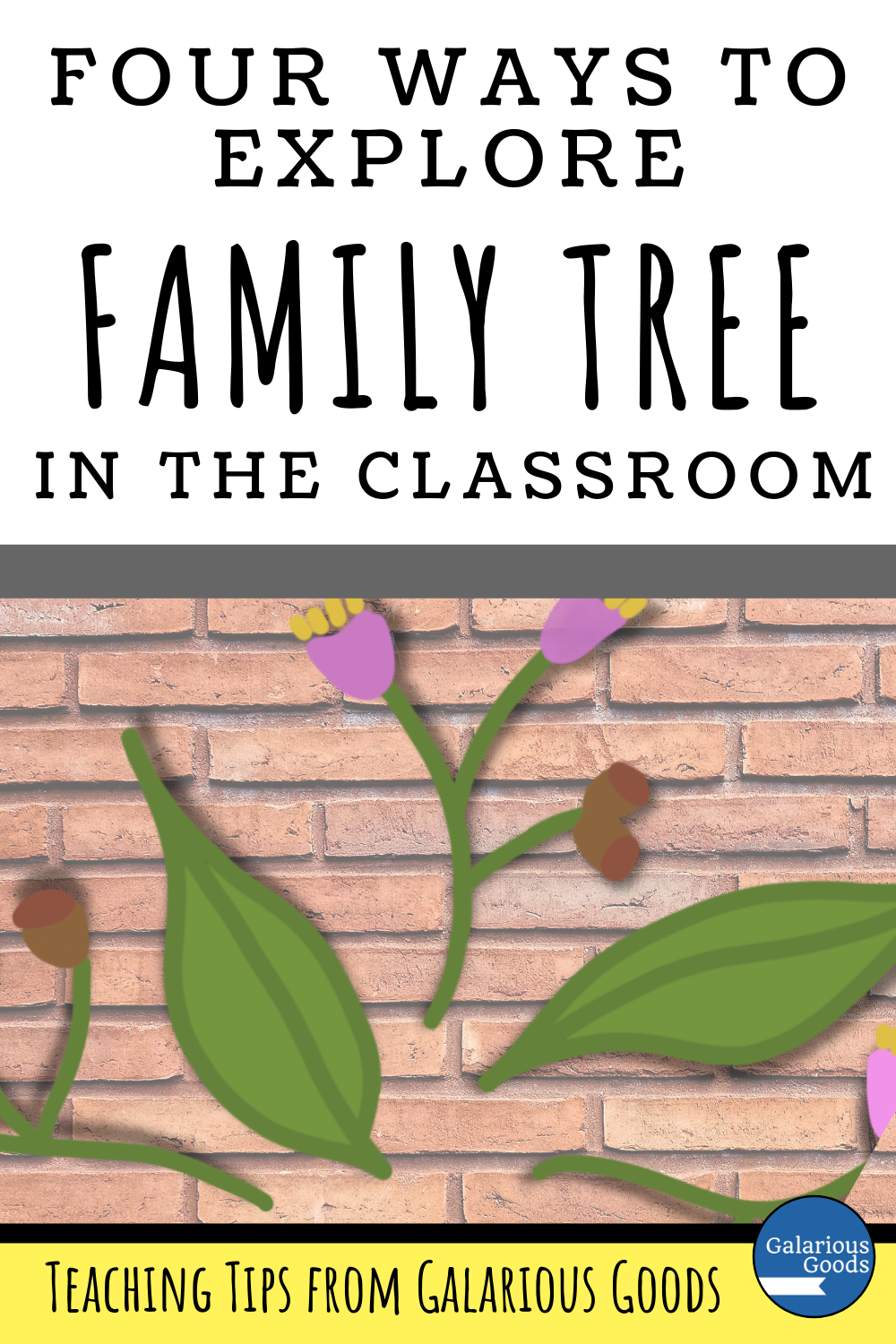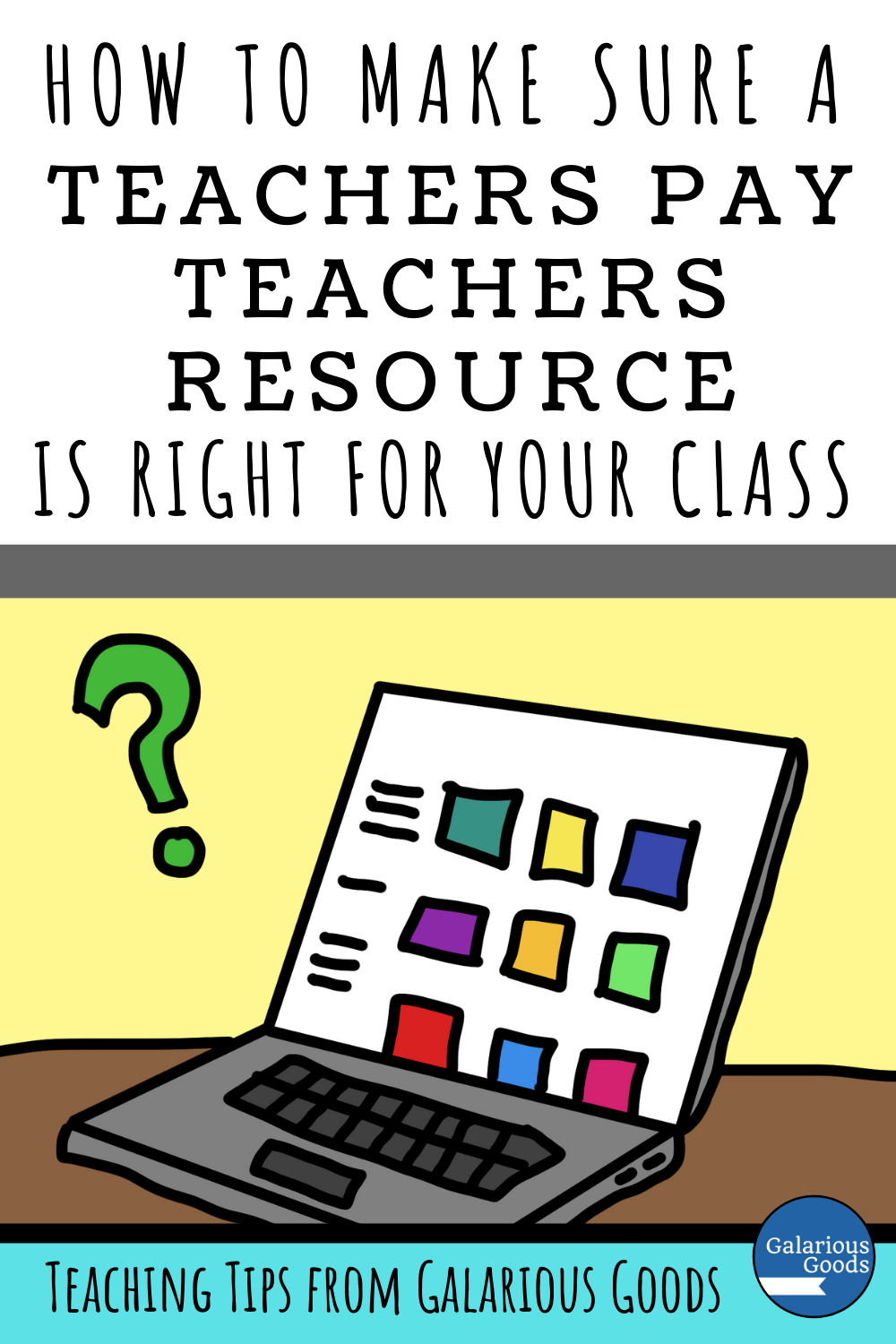Exploring Author Intention
/Boy Overboard by Morris Gleitzman is a fabulous fast-paced read, but it also covers the complex and sometimes controversial topic of refugees. While it might be tempting to stay far away from this - you don't always want extra controversy in the classroom - the topic can help to frame a deeper exploration of the book and the intentions of the author.
Who is Telling the Story?
In Boy Overboard, the narrator is Jamal, a young boy from Afghanistan who becomes a refugee on a boat to Australia.
The choice of Jamal as a first-person narrator is interesting for both the narrative and the message it gives the reader. We see the world through Jamal's eyes - the things he considers to be ordinary and the misunderstandings he has. We begin to understand why he and his family make the choices they make - we're given the opportunity to step into his shoes for a little while.
We can also explore why the author made Jamal the narrator. Was it to provoke empathy or sympathy for his situation? To make us wonder what decisions we might make in the same situation? Or is it a convention that the author has used repeatedly in his other books? How would it be different if he'd made a different choice? If he'd chosen another character to tell the story or had a separate narrator altogether?
How Do the Characters Respond to Events in the Story?
There are several different types of characters in Boy Overboard - named and nameless - and they respond to events in a wide variety of ways. Some are helpful, some make life more difficult and some are downright dangerous to our main character.
By offering a range of characters, what is the author telling us? Which of the responses does he want us to sympathise with? Which of the supporting characters does he want us to agree with? How does he want us to feel about all of his characters, not just the main ones?
Looking at the characters our protagonist interacts with can be a powerful insight into the intentions of the author. We are given a more complete view of the world in which they live and begin to assess if the author is being fair to the characters or not.
What messages is the author sending us - and should we trust them?
This is an important question for students to ask whenever they come across text which tackles complex issues. When students learn to question the intentions of the author, they begin to read more critically.
With Boy Overboard, the author is asking us to feel empathy for Jamal and the other refugees. But we should encourage students to read more on the topic - both fiction and non-fiction. This allows them to better understand the actions of those in the book - even if they don't agree with them - and to have a greater understanding of the messages the author is sending.
Students are facing a different media landscape to the one that existed when Boy Overboard was first published. These days it can be very easy to only engage with media which reinforces your view of the world. By encouraging students to explore the intentions of the author and how that might influence the reader, we can better prepare students to think about and form informed opinions on complex issues in the future.
Should Children's Authors Write About Controversial Topics?
When authors publish books including controversial topics, there are some people who feel that they have overstepped the mark, that they are introducing children to topics that are 'above them'. But what do your students think?
The latest freebie in the Galarious Goods shop allows students to explore this question through a persuasive writing task. This is a great opportunity to discuss books which might be seen as controversial - and why they are seen that way - and is the perfect accompaniment to a novel or book study or for banned book week.
Interested in Teaching Boy Overboard?
You can find the Boy Overboard Sample Pack here - this free resource gives you activities you can use in your classroom and an introduction to the other Boy Overboard resources available at the Galarious Goods shop.





